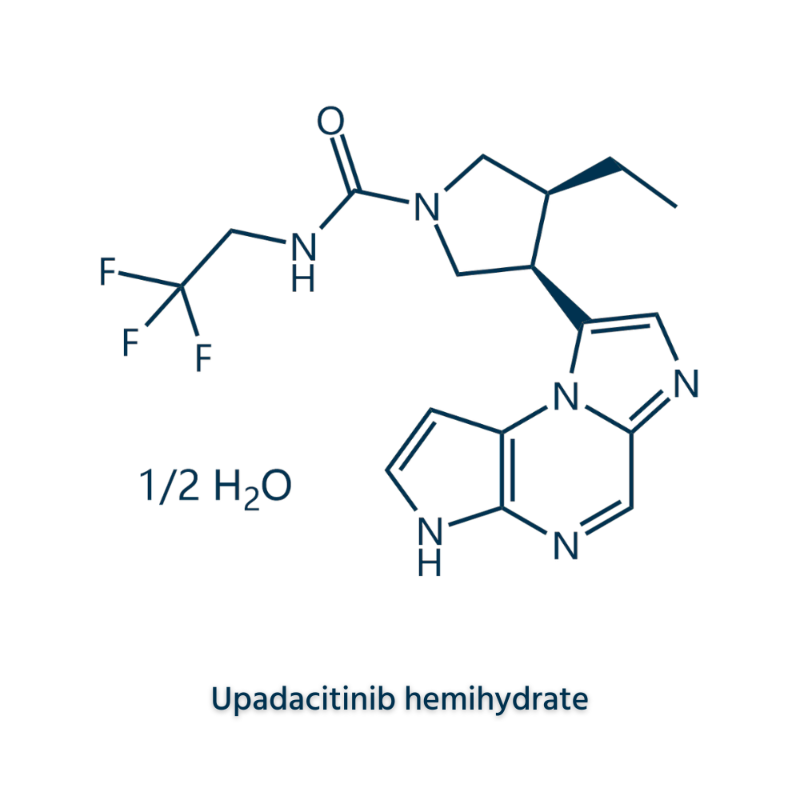-
Categories
-
Pharmaceutical Intermediates
-
Active Pharmaceutical Ingredients
-
Food Additives
- Industrial Coatings
- Agrochemicals
- Dyes and Pigments
- Surfactant
- Flavors and Fragrances
- Chemical Reagents
- Catalyst and Auxiliary
- Natural Products
- Inorganic Chemistry
-
Organic Chemistry
-
Biochemical Engineering
- Analytical Chemistry
-
Cosmetic Ingredient
- Water Treatment Chemical
-
Pharmaceutical Intermediates
Promotion
ECHEMI Mall
Wholesale
Weekly Price
Exhibition
News
-
Trade Service
With economic development and improvement of living standards, obesity has become a major public health problem worldwide
.
According to the World Health Organization (WHO), nearly 2 billion people are overweight or obese in the world.
Obesity not only leads to inconvenience of life and decreased exercise ability, but also brings about metabolic diseases and cardiovascular and cerebrovascular diseases.
In addition, many studies have shown that obesity is associated with an increased risk of more than a dozen cancers, and a decreased prognosis and survival rate
.
In order to reduce the health effects of sugar and the impact of obesity, more and more people are using artificial sweeteners instead of normal sugars.
These artificial sweeteners have the sweetness of sugar without producing calories and are considered to be It can be used as a healthy way of eating, so it has become popular in recent years
.
However, the health effects of artificial sweeteners remain highly debated
On March 24, 2022, researchers from the University of Paris XIII published a research paper titled: Artificial sweeteners and cancer risk: Results from the NutriNet-Santé population-based cohort study in the journal PLOS Medicine .
PLOS Medicine Artificial sweeteners and cancer risk: Results from the NutriNet-Santé population-based cohort studyThe use of artificial sweeteners can reduce the amount of added sugar and corresponding calories, but also maintain the sweetness, but this new study shows that some artificial sweeteners are associated with an increased risk of cancer
.
Many foods and beverages containing artificial sweeteners are eaten by millions of people every day
.
However, the safety of these additives has been the subject of debate
To assess the carcinogenic potential of artificial sweeteners, the research team analyzed data from 102,865 French adults who participated in the NutriNet-Santé study
.
The NutriNet-Santé study is an ongoing web-based cohort study initiated by the Nutrition Epidemiology Research Group (EREN) in 2009
The research team collected data on artificial sweetener intake from 24-hour dietary records
.
After collecting information on cancer diagnoses during follow-up, statistical analyses were performed to investigate the association between artificial sweetener intake and cancer risk
The research team adjusted for a range of variables, including age, gender, education, physical activity, smoking, body mass index, height, weight gain during follow-up, diabetes, family history of cancer, as well as energy, alcohol, sodium, saturated fatty acids, fiber, sugar , baseline intake of whole grains and dairy products
.
The researchers found that participants who consumed high amounts of artificial sweeteners, especially aspartame and acesulfame-K, had a higher overall risk of cancer compared with those who did not consume artificial sweeteners (hazard ratio 1.
13, 95%).
The study had several important limitations; dietary intake was self-reported
.
Selection bias may also be a factor, as participants were more likely to be female, have higher levels of education, and exhibit health-conscious behaviors
According to the research team, the findings suggest that the use of artificial sweeteners as a substitute for sugar in foods or beverages is not as safe as we previously thought, and provides important and novel insights into the re-evaluation of food additive sweeteners
Original source:
Original source:Charlotte Debras, et al.
leave a message here







